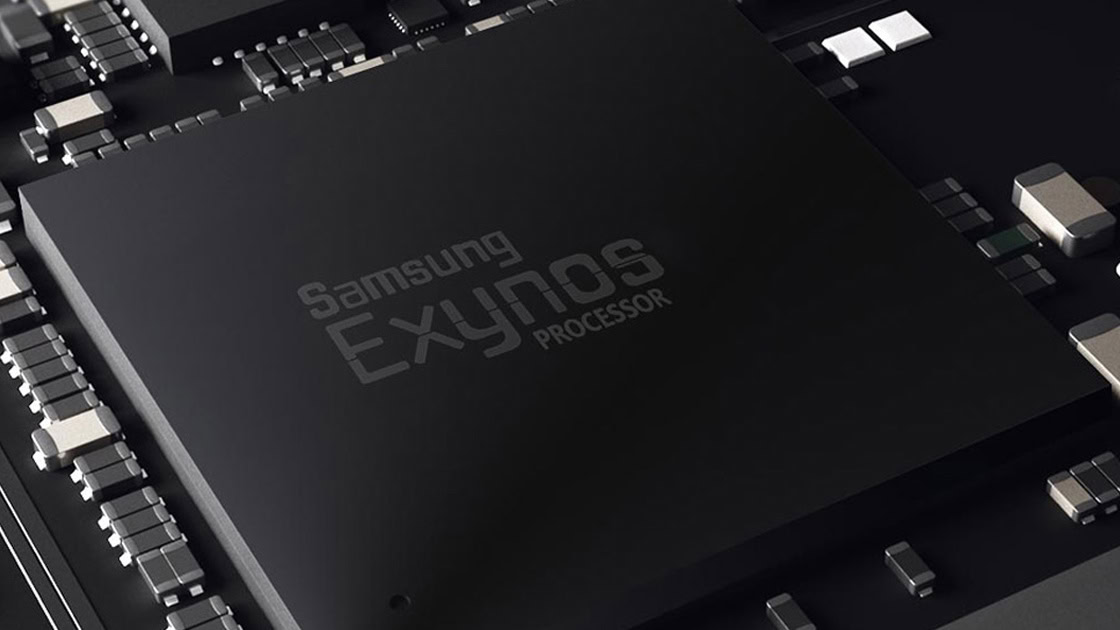Affiliate links on Android Authority may earn us a commission. Learn more.
Samsung will make 7nm chips this year, but what does the future hold?
May 23, 2018

- Samsung will produce 7nm chips in the second half of the year, the company announced.
- Samsung’s Exynos chips and Qualcomm’s Snapdragon 855 chipset are expected to make use of the smaller manufacturing process.
- The company is also targeting 3nm chips, with a reported 2021 window for production to begin.
The latest generation of mobile chips are sticking to the 10nm manufacturing process, but Samsung says it’s ready to produce even smaller 7nm LPP (low power plus) chips in the second half of 2018.
The company made the announcement at its annual Samsung Foundry Forum, saying that the 7nm chips would be the first to use a so-called EUV lithography solution. Samsung added that “key IPs” (presumably meaning processors for clients) were on course to be completed by the first half of 2019.
In other words, don’t hold your breath for a Samsung phone with a 7nm chipset by the end of the year. Qualcomm is also tipped to use Samsung Foundry for the upcoming Snapdragon 855 chipset, so don’t expect the Qualcomm chip in a production phone this year, either.
Samsung is well-positioned to deliver the technology, but it might want to keep an eye on HUAWEI’s HiSilicon chip company. It’s claimed that HUAWEI’s upcoming Kirin 980 flagship processor will use a 7nm process as well. HUAWEI traditionally reveals a Mate phone with a brand-new chipset in the second half of the year, so they could beat Samsung if the 7nm rumor is indeed true.
What’s after 7nm?
Mobile chips are constantly shrinking in size owing to the manufacturing process. Smaller chips usually yield longer battery life and better sustained performance. So how small is Samsung going to go in the future?

The company used the forum to reiterate plans for 5nm, 4nm, and 3nm manufacturing processes. The 4nm process will see Samsung adopt its existing FinFET manufacturing technology, used in the last two Exynos flagship chips, and Qualcomm’s Snapdragon 845 chipset. Meanwhile, the final 3nm process will see Samsung ditch the FinFET technology in favor of the GAA manufacturing process, which uses nanosheet technology.
What does this mean in plain English? Well, Samsung is still getting life out of its established manufacturing technology, but the move to the smallest process for mobile chips requires some new tech.
So when could we see mass production of 5nm, 4nm and 3nm chips? According to EE Times, Samsung is planning 5nm chips for 2019, 4nm chips for 2020, and 3nm as soon as 2021. An analyst told the outlet that they initially expected 3nm chip production in 2022, but noted Samsung was moving faster than expected.
Thank you for being part of our community. Read our Comment Policy before posting.